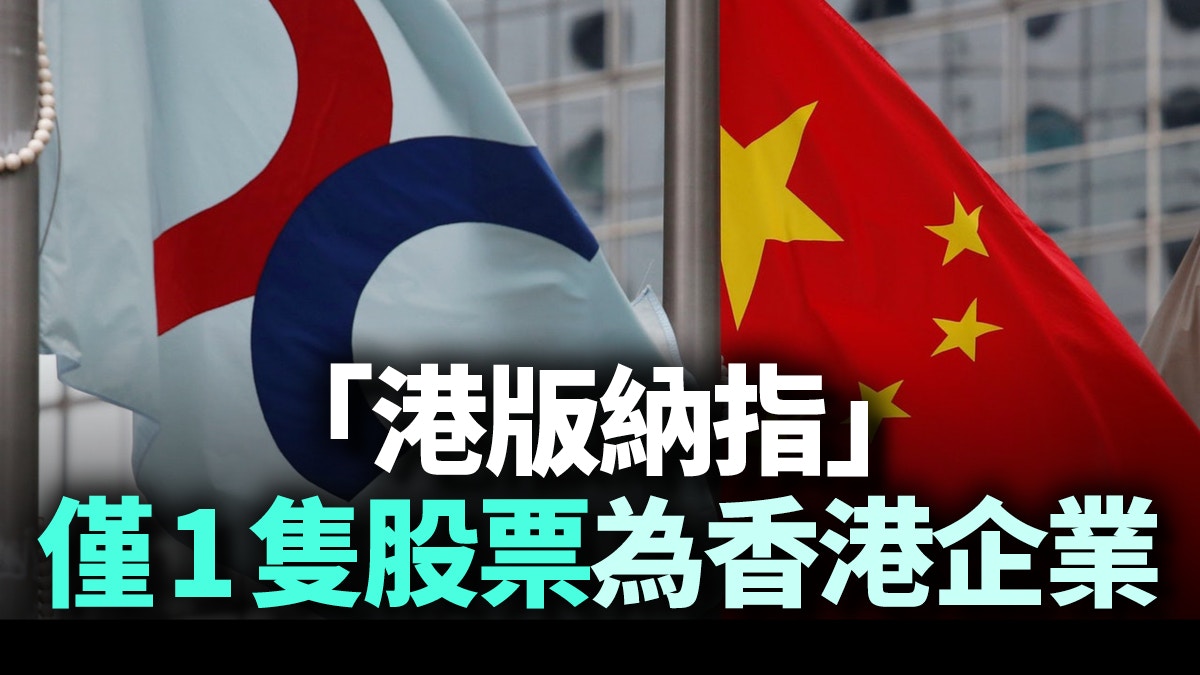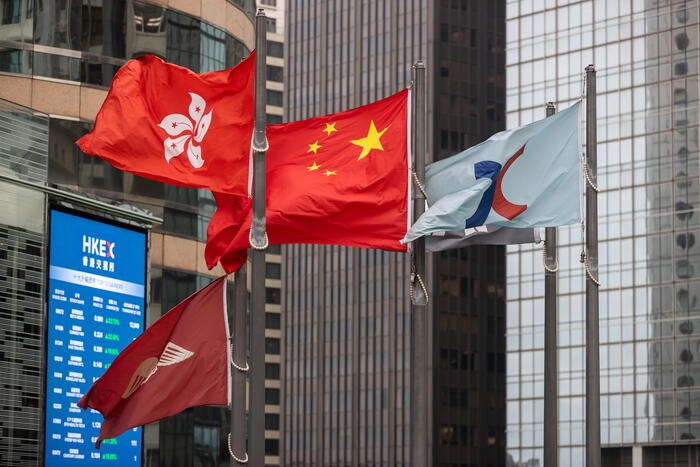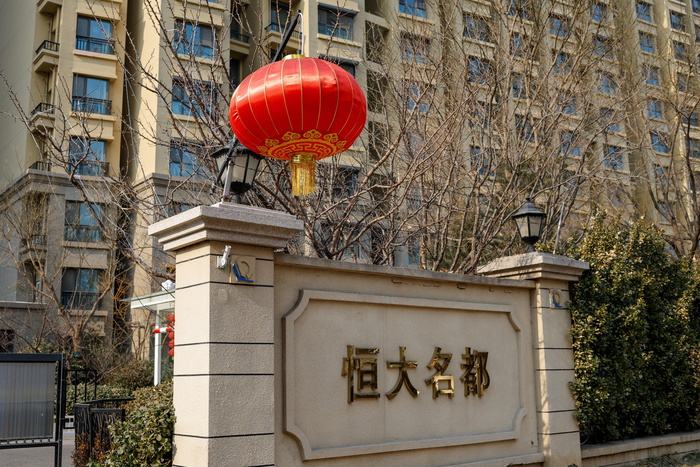01 view
Written by: Review Editor Room
2020-07-22 07:00
Last update date: 2020-07-22 07:00This Monday (20th), the Hang Seng Index Company, which is responsible for formulating the Hong Kong stock market index, announced that it will officially launch the Hang Seng Technology Index, known as the "Hong Kong Ban Na Index", next Monday (27th). The market seemed to be encouraged by the news. The stock market rallied hundreds of points the next day, and the shares of companies that will become constituent stocks of the technology index even outperformed the market. Compared with the Nasdaq in the United States, the "Hong Kong version of the Nasdaq" takes almost half a century at night, even later than the launch of the "Science and Innovation Edition" in Mainland China. This belated "Hong Kong Banna Index" will undoubtedly bring a lot of inspiration to the Hong Kong economy.
Hong Kong stock market is dominated by the "old economy"
In the past two decades, the performance of global technology companies led by the United States has been outstanding, surpassing traditional industries and old economies such as finance. Especially in the past few financial crises, the performance of technology companies has even more exerted strong resilience to rise against the market, far exceeding other sectors. In recent years, the scientific and technological war between China and the United States has shown how important it is to master the leading technology in the current world that can affect the nation’s fortunes.
The United States established the Nastyk Index (NASDAQ) as early as 1971. When it was founded, it was an exchange that provided electronically traded securities. The initial constituent stocks were mainly information technology companies. After entering this century, major high-tech companies in the United States have emerged and listed on NASDAQ, turning them into high-tech exchanges. Even the mainland of China, which only began economic reform and opening up in the 1990s, also proposed to set up a "technological innovation version" to attract the listing of new technology companies, and it was officially launched last year.
However, the Hong Kong stock market, which has a long history and economy, has never set up a page or weighted index specifically for technology companies. This is a waste of money-making opportunities, and it is indeed ashamed of its reputation as a financial center. Hong Kong’s most important trading index, the “Hang Seng Index”, has always been a collection of the old economy. Even today, nearly half of its main components are in banking, insurance and finance, and 11% are in real estate. Only a few such high-tech industries as Tencent and Shunguang Ruisheng, which are called "stock kings".
Of course, there are many factors to consider in the index composition, and they are not designed solely for technology companies. It is for this reason that the "Nasdaq" in the United States and the "Science and Innovation Edition" in Mainland China have appeared. It is really late for Hong Kong to launch the Hang Seng Technology Index. To a certain extent, this is also because the Hong Kong stock market used to lack the listing of technology companies except for those few technology stocks. Among the "Five Heavenly Kings" ATMMX (Alibaba, Tencent, Meituan, Xiaomi) and Shunguang, which account for more than 8% of the technology index, three stocks came to Hong Kong for listing only after 2018. The reason is not only because companies prioritized listing in the United States in the past, but also because Hong Kong made mistakes and missed opportunities in vain. Many technology companies practice "same shares with different rights" to protect the founders. In the past, Hong Kong was reluctant to change regulations to adapt to new trends. In 2013, when Alibaba wanted to come to Hong Kong for listing, it failed because of Hong Kong's commitment. As a result, Hong Kong gave up the opportunity to the US for nothing. It will take six years to finally recover because of the Sino-US struggle. The Hong Kong Ban Na Index is now listed, reflecting the lack of forward-looking financial vision of Hong Kong policy makers and wasting a lot of opportunities and time.
Alibaba will be the largest share of the technology index. (Profile picture)
There is only one Hong Kong company in the Hang Seng Technology Index
Another problem reflected in the Hang Seng Technology Index is that Hong Kong is extremely short of technology companies and lacks new impetus for economic development. Among the index constituent stocks, among the first batch of 30 companies, only one semiconductor manufacturer "ASM Pacific" can be regarded as a Hong Kong company. The remaining 28 companies, including the Hong Kong stock market hot ATMMX, are all mainland companies, and one is Taiwan Hon Hai Group companies. In terms of proportion, Hong Kong companies accounted for 3.03%, Taiwan accounted for 0.75%, and the mainland accounted for 96.22%.
Although, regardless of whether the company is based in Hong Kong, it is always good for the financial industry to be listed in Hong Kong. However, this also reflects the lack of competitiveness of Hong Kong's local innovation and technology companies, which is awkwardly "difficult to be elegant." As mentioned earlier, technology companies have been the pioneers of economic development in recent decades and are important "locomotives" for driving economic transformation. Hong Kong's economic development has always relied on the old economy such as real estate, finance, logistics, and tourism retail. The lack of new growth points will also make Hong Kong difficult to cope with the financial crisis. Hong Kong is an international financial center and has the advantage of raising funds. Funds are often not a problem. However, under the Hong Kong education system, there has always been a shortage of talents in innovation and technology. The social environment, such as high housing and high living expenses, is unfavorable for young people to start a business. These are issues that policymakers must face directly. The benefits of innovation and technology companies growing in Hong Kong are not just stock market investments, but also employment opportunities and the real economic benefits derived. If Hong Kong's economic development is to transform in the future and stimulate new development points, the soil must be improved to cultivate local innovation and technology enterprises.
Xu Lizhi, dean of the Hong Kong Academy of Sciences and former president of the University of Hong Kong, said at the forum that the circulation of talents is an important part of promoting the development of the industry. (Profile picture)
Can the new director Xue Yongheng give birth to Hong Kong Steve Jobs?
[New Coronary Pneumonia] The government's innovation in science and technology fights the epidemic
The HKTB's lottery "excited" citizen government can only low tech?
Science Park "Innovation Chamber" reveals the lack of government talent policy
01 view
Hang Seng Technology Index Innovation Technology 01 Viewpoint



